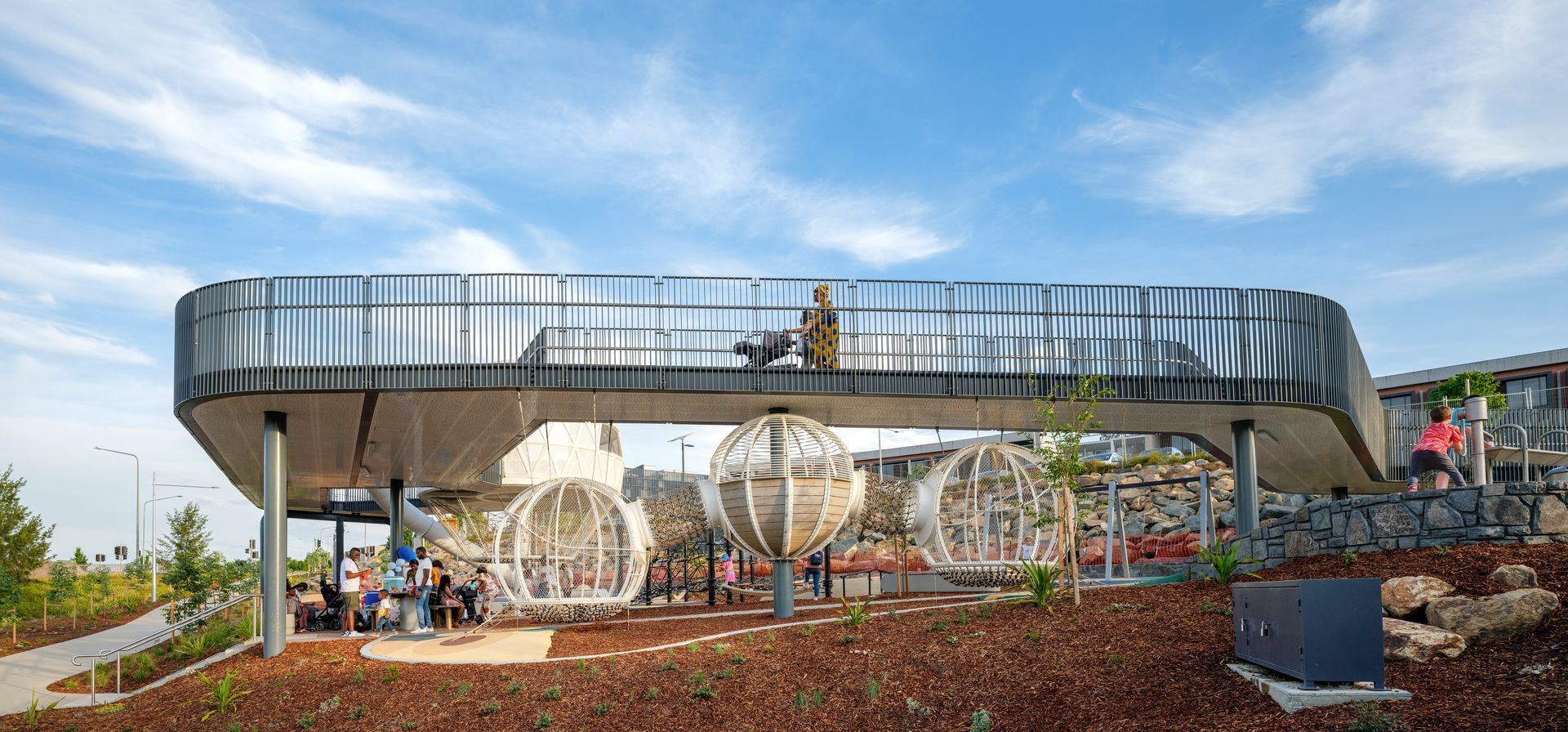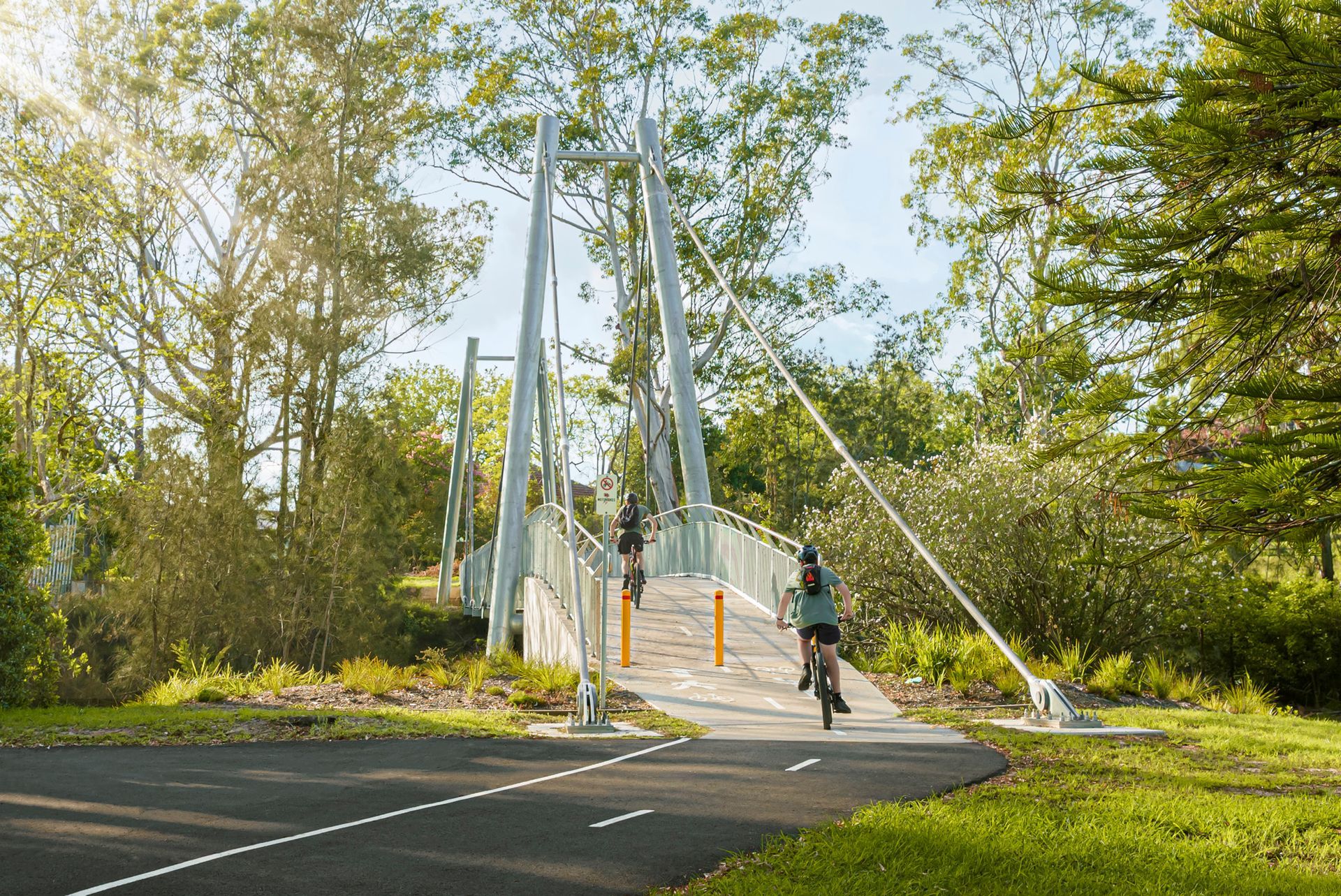What's Your ‘AQ’?
Why an agile mindset is one of your greatest project assets
Plan changes. Curve balls. Oversights. Stuff ups. Whatever you prefer to call them, it’s safe to say we’ve all seen them happen. Challenges are pretty much inevitable when you’re working in the built environment. But if there’s one thing we’ve learned time and again, it’s that success is often just as much about your ability to respond and adapt to unexpected situations, as it is about your technical skills and expertise.
This brings me to the concept of AQ, or ‘Adaptability Quotient’. Up until quite recently I’d never given much thought to AQ. Then I stumbled across an excellent article on the HR website, Chief Learning Officer. It covers a lot of ground. But at its heart is the belief that, given the accelerating levels of instability and change in today’s business environment, having a high AQ – both as individuals
and as a team – is just as important for success as more traditional indicators like IQ and EQ.

THE FUTURE OF WORK
A quick Google turns up plenty of advocates for AQ. Fast Company magazine calls it ‘the future of work’, while as early as 2011 the esteemed Harvard Business Review described it as the ‘new competitive advantage.’
Whether we’re delivering off-the-shelf shade shelters, customised play structures or complex multi-span bridges and boardwalks, AQ has plenty to offer – and it runs a lot deeper than just having good risk and contingency planning measures in place. While those things are certainly important, being truly adaptable is more about culture, mindset and creating a project environment where individuals have the ability to quickly
and confidently consider alternatives. It sounds simple enough. But when a team is hard-wired to follow convention, or the status quo, it can require considerable resolve, empowerment and leadership to actually do it.
STAYING CALM & FOCUSSED
Whether you’re a designer sitting behind a laptop or a tradie doing the build, today’s workplaces are fast, fragmented and often fraught with distractions. In such an environment, it’s hard to overstate the importance of maintaining focus.
Teams with high AQs understand that change is pretty much inevitable and projects are very rarely linear. By all means, control what you realistically can. That’s good business. But also accept that a number of things – for all manner of reasons – simply won’t go as planned. It’s easy to become disheartened and distracted when things go amiss, that’s human nature. But by staying calm and remaining focussed on the final destination, you’ll be far better placed to reach it, even if getting there suddenly requires you to explore a different path. You don’t have to like what’s happened. But the quicker you can refocus and move forward, the better the project outcome is likely to be.
Take this example. We’ve recently been involved in the early stages of an ecologically sensitive project in regional NSW. While we’ve done a large amount of due diligence and considered a host of scenarios, there’s every chance we’ll need to adapt as the project progresses due to the endangered wildlife known to live close to site. We think we know where the most sensitive habitats areas are. But only time will tell if we actually do. If we need to quickly adapt our plans to stay on brief and on schedule, so be it. We’ll be ready.
HERE’S TO AN AGILE FUTURE
What’s the point of saying all this? Simply that as managers and businesses, we all have the power to choose how we respond to obstacles and setbacks on projects by actively building our ability to adapt. While we certainly don’t have all the answers at Fleetwood (yet anyway!), we’re working hard to improve our AQ, both as a team and as individuals within it.
How’s your AQ?
More from Fleetwood Files.
Explore
Certifications
Environmental Management : ISO14001
Quality Management : ISO 9001
OHS Management : ISO 45001
All Rights Reserved | Fleetwood Urban | Privacy Policy





